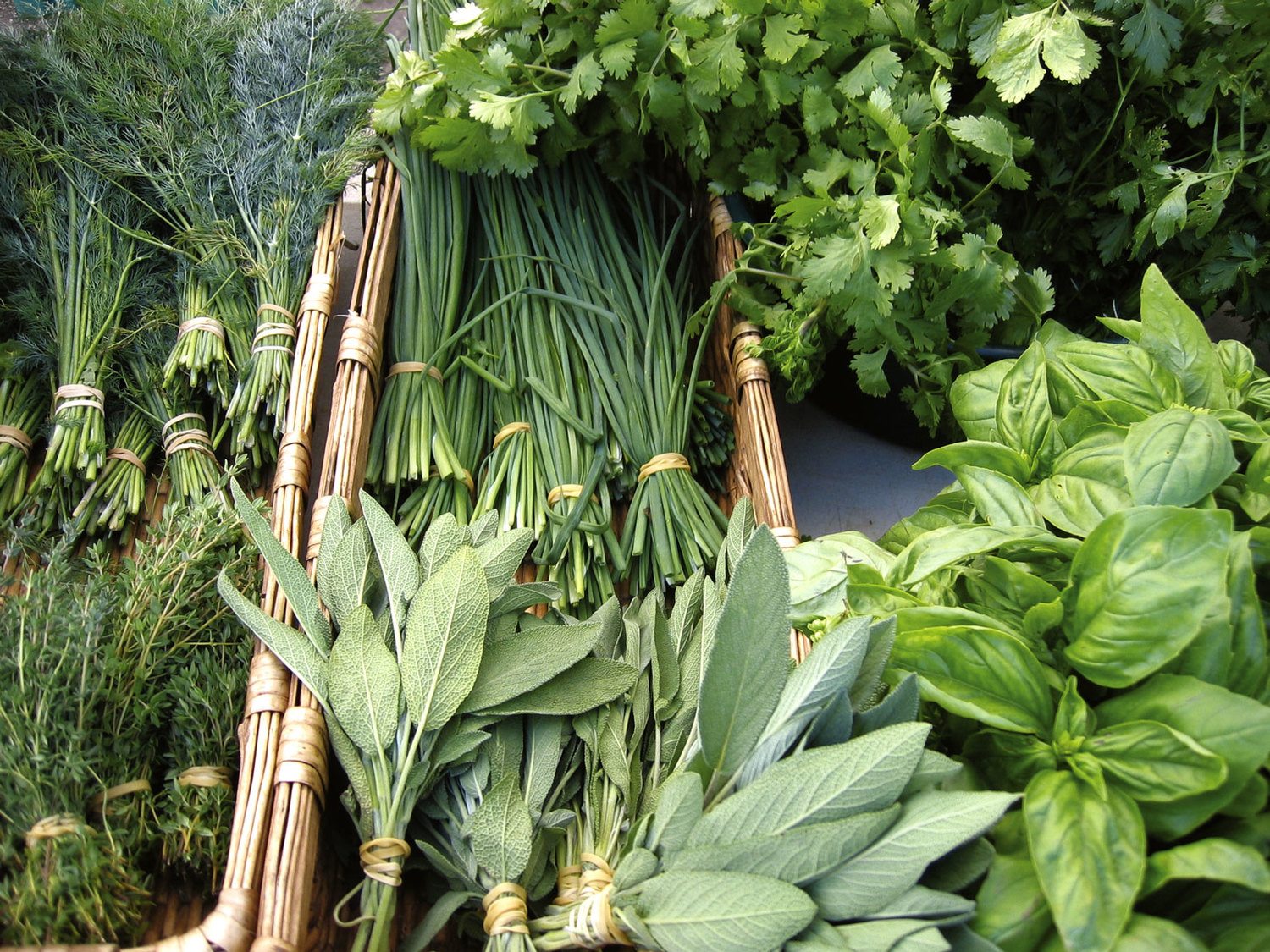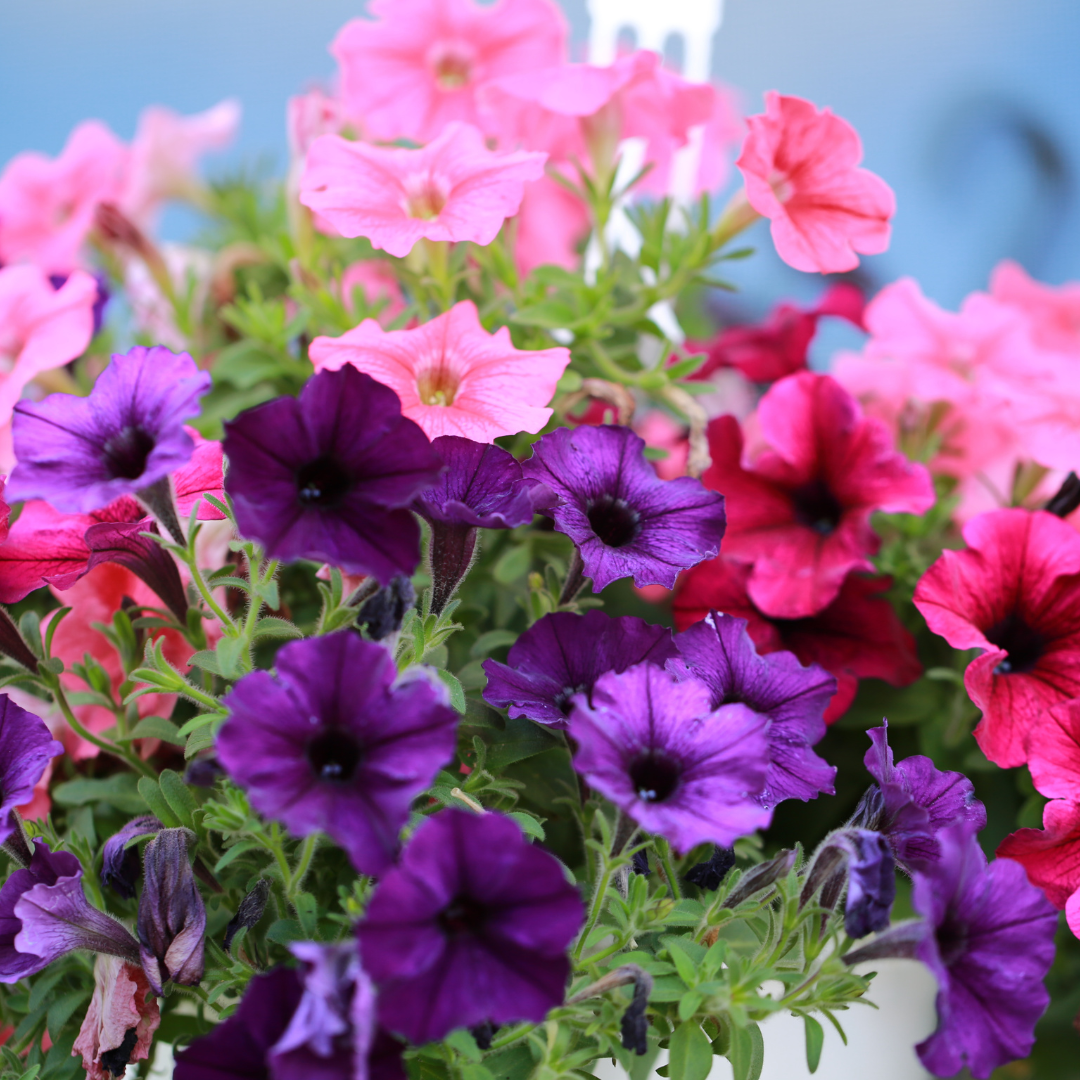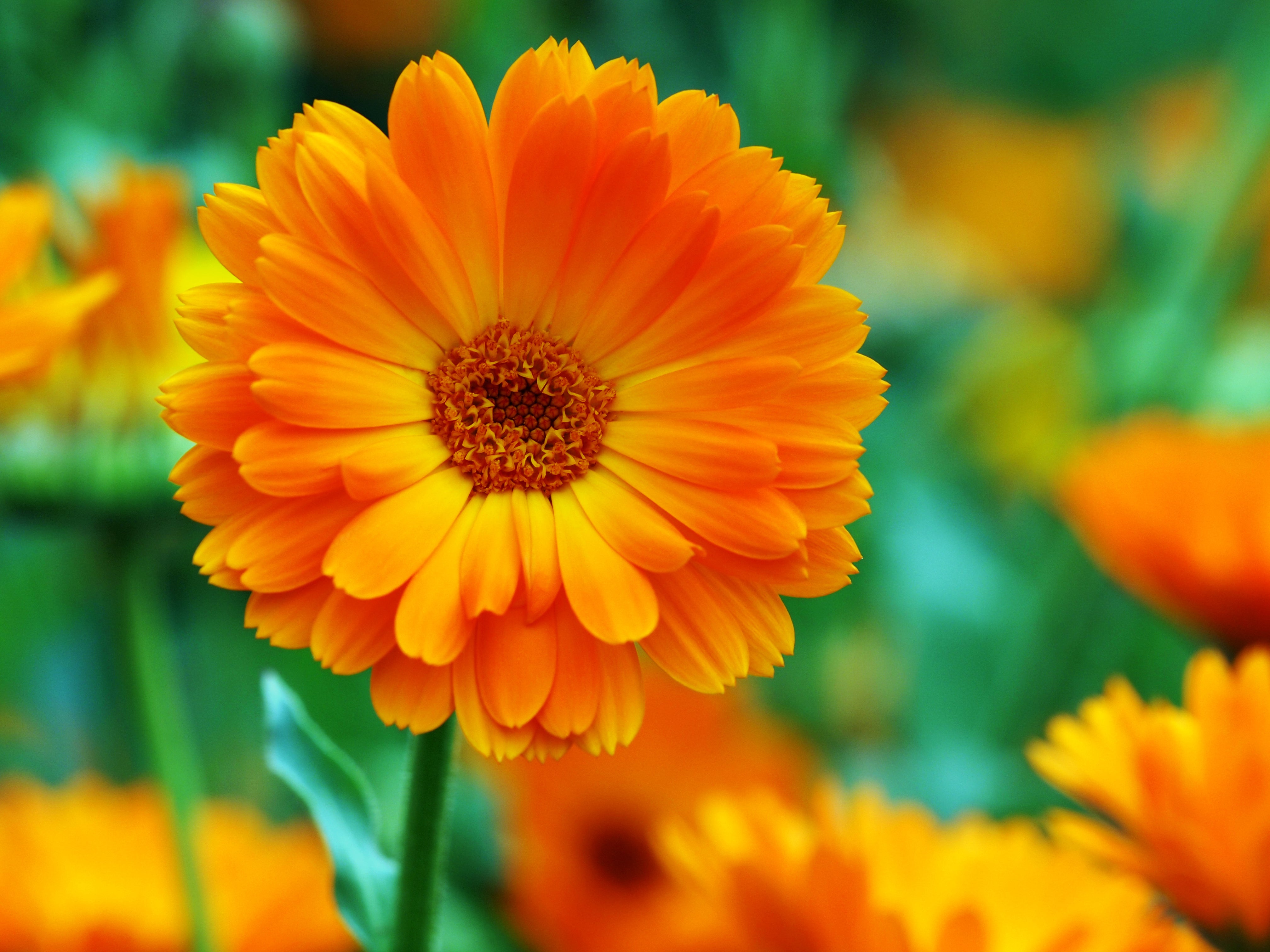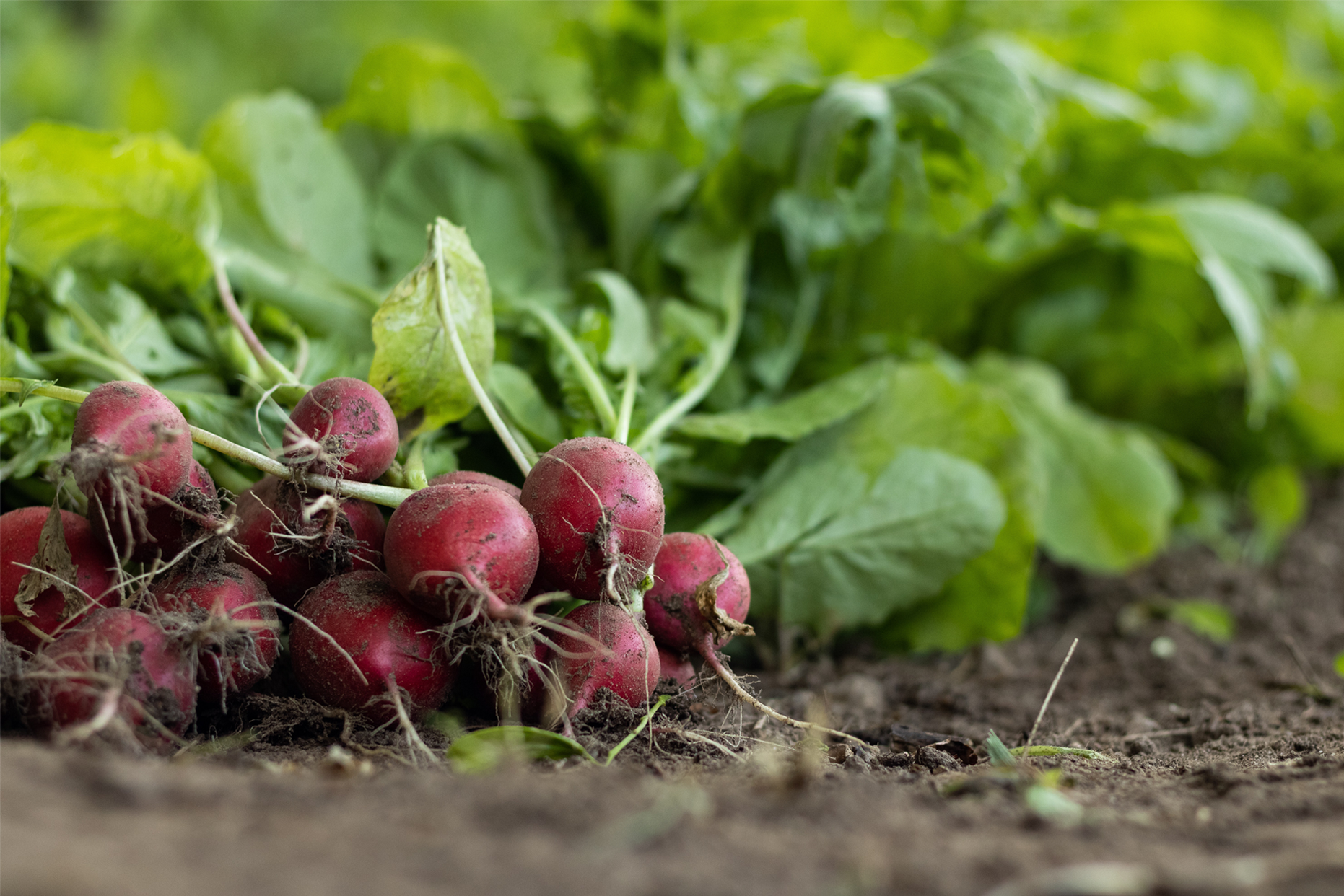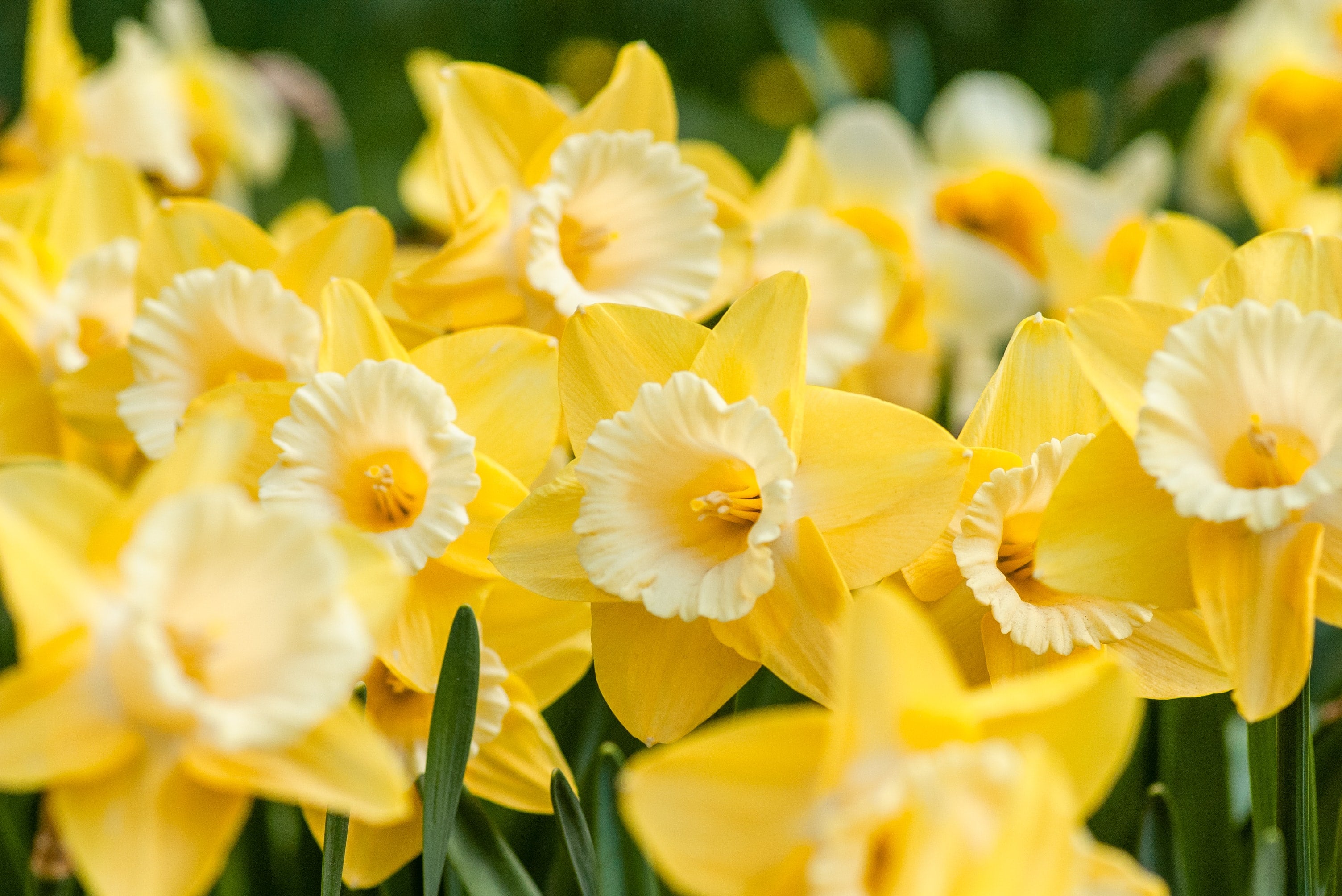Suitable conditions for growing herbs
Herbs do not require rich soil – in fact, this can result in soft, leggy growth that may collapse the plant in dry conditions. Mulch around herbs to prevent drying out. Most herbs require good drainage to encourage lush growth. Herbs generally prefer soil of a gravelly nature. The great majority of herbs like sunshine, low humidity and evenly distributed rainfall. Small leaved varieties generally come from Mediterranean countries, so they thrive best in open sunny positions which are protected from cold winds.Herbs in the landscape
A special herb garden is very attractive and can be formal or informal in design. A large container or collection of pots will also make an excellent herb garden. But herbs do not have to be in an isolated plot of their own, or just in the vegetable garden. They have become a valuable part of the garden as a whole. When landscaping, many of the perennial herbs should be included with other perennials, roses and ornamentals as part of the overall garden design.Herbs and your health
The practice of using herbal remedies to improve and strengthen the natural healing process is as old as time. The fresher the better – all the more reason to grow your very own herb garden. Most herbal medicines are taken in the form of teas. When using herbs for medicinal purposes, fresh herbs should be used whenever possible. If using dried, use only 1/3 of the quantity specified. Use about three tablespoons of chopped fresh herbs to one cup of boiling water, cover and stand for five minutes for flavour to fully develop. This is commonly referred to as “infusing”. If a sweetener is required, use honey rather than sugar.Herbal teas:
Lovage: A strong flavoured leaf which acts as a wind expeller.
Mint: All varieties are soothing for stomach ailments.
Peppermint: Is particularly good for colds.
Rosemary: Good for stomach upsets.
Sage: Gargle for sore throats. Take for feverish colds.
Summer Savoury: Relieves flatulence and stomach upsets.
Tansy: A herb said to get rid of worms. Do not take during pregnancy.
Tarragon: Relieves toothache and stops hiccups.
Thyme: Relieves headaches and insomnia.
Yarrow: Promotes perspiration, so it is good for feverishness in colds and flu.
A herb is a delightful plant with many uses far beyond the purely decorative. As well as blending beautifully with most garden schemes, their varieties of foliage, colours, textures, tastes, and perfumes give much pleasure. And once again, the ancient healing properties of herbs are becoming more widely used.

